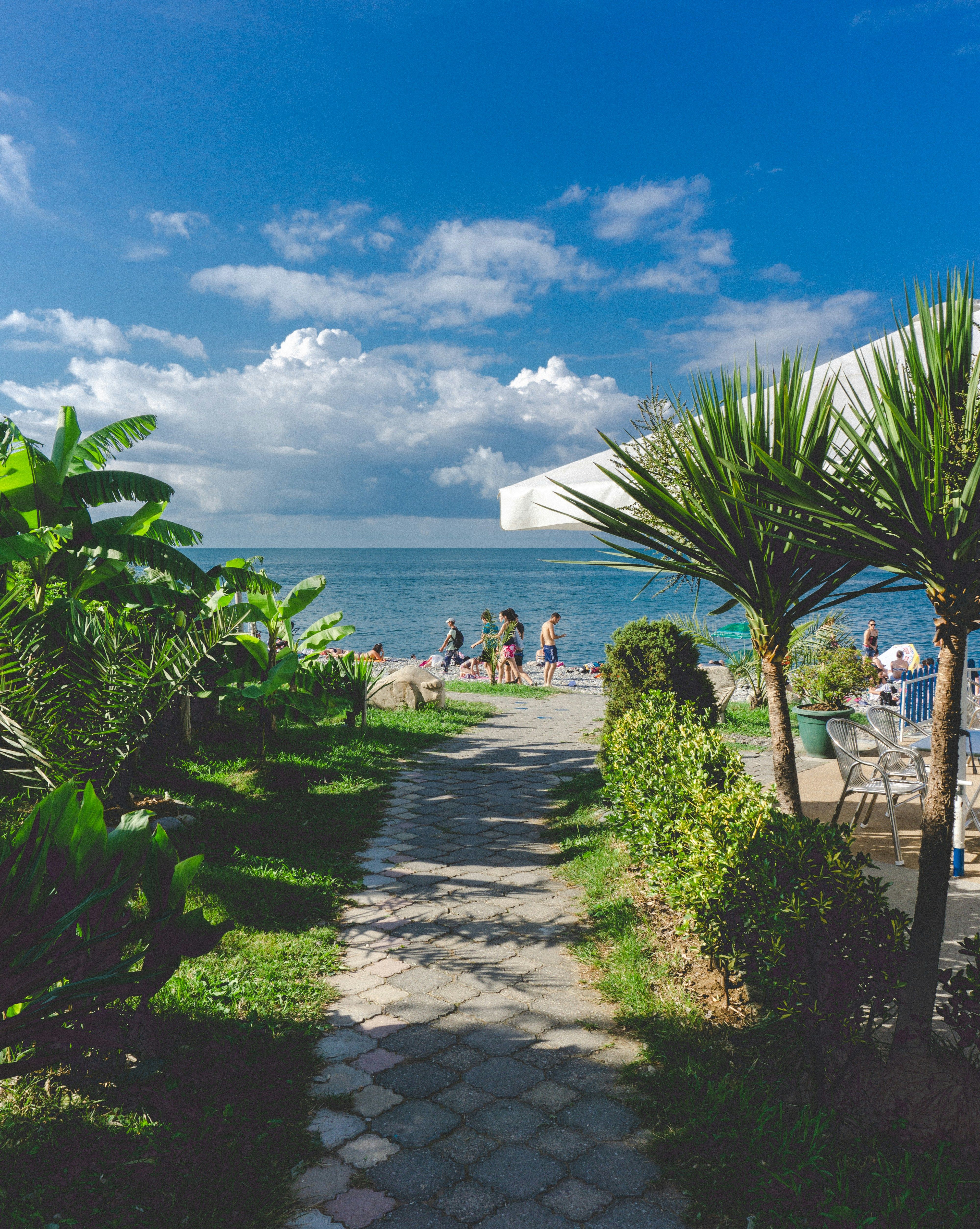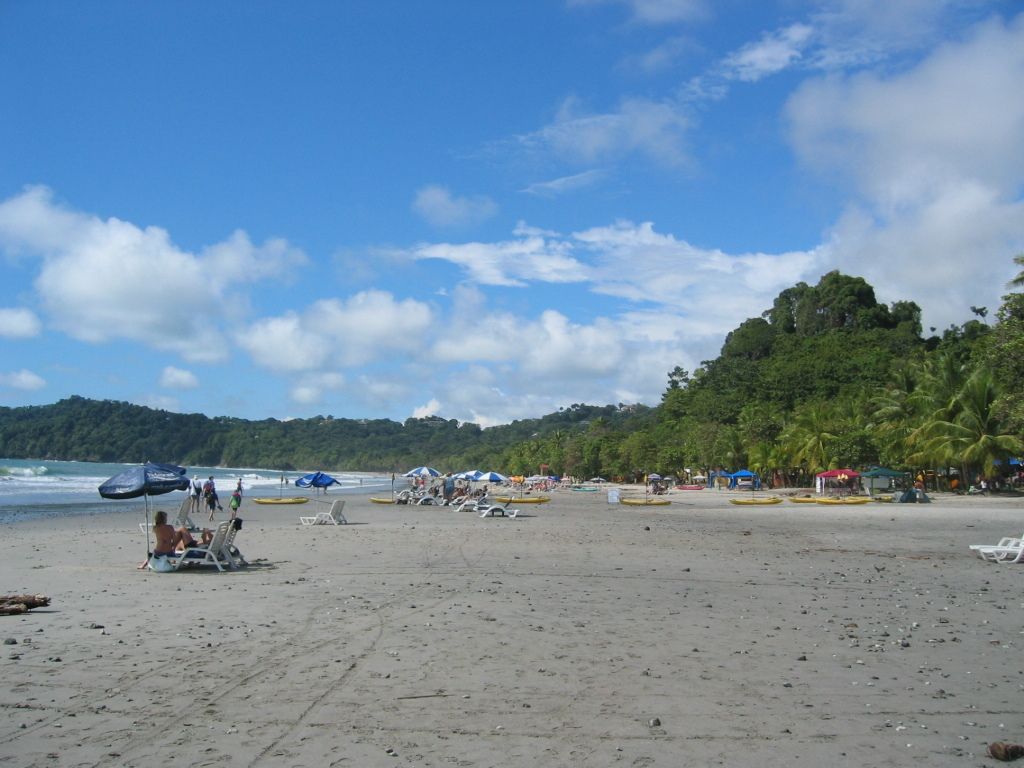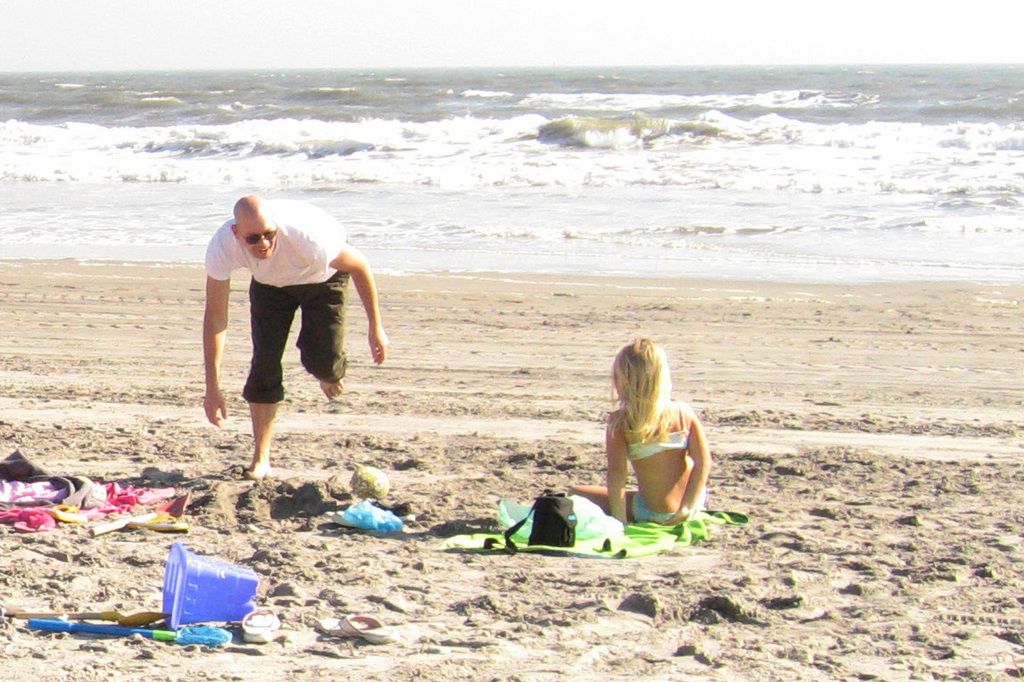Researcher at Harvard charged with smuggling frog embryos alleges unjustified imprisonment by ICE, asserting illegal detainment.
In Vermont on Wednesday, a federal judge released Kseniia Petrova, a Russian-born researcher at Harvard University, from immigration custody amidst a criminal smuggling charge of transporting frog embryos into the U.S.
Testifying in Petrova's favor, colleagues, and academics stressed the importance of her research in advancing cancer cures. Michael West, a scientist and entrepreneur in the biotech industry, commended the quality and significance of her scientific work. He stated that her medical research skills are highly sought after, and he would hire her without hesitation.
Petrova, 30, is currently in the custody of the U.S. Marshals Service in Louisiana. She is expected to be transferred to Massachusetts as early as Friday in preparation for a bail hearing next week on the smuggling charge, as per court updates.
Gregory Romanovsky, Petrova's lawyer, expressed relief after the hearing, stating that evidence presented demonstrated Petrova was not a threat to the community or a flight risk, and thus didn't belong in immigration detention. He further requested an injunction to prevent potential re-detention by Immigration and Customs Enforcement (ICE) if she were to be freed in Massachusetts.
Petrova had been vacationing in France, where she obtained frog embryo samples from a lab specializing in splicing superfine sections of the embryos for research purposes. Upon her entry at the U.S. Customs and Border Protection checkpoint at Boston Logan International Airport in February, she was questioned about the samples. She claimed she was unaware they needed to be declared and denied any attempt to hide anything from authorities.
A petition for Petrova's release was filed in Vermont following her detainment by immigration officials. She was briefly held in Vermont before being transferred to Louisiana. Petrova was charged with smuggling earlier this month, with U.S. District Judge Christina Reiss in Burlington, Vt., setting the hearing date on her petition. Reiss ruled Wednesday that the immigration officers' actions were unlawful, and that the embryos were non-living, non-hazardous, and posed no threat to anyone.
The Department of Homeland Security stated that Petrova was detained after lying to federal officers about carrying substances into the country. They alleged that messages on her phone revealed she had planned to smuggle the materials without declaring them. As of now, Harvard continues to monitor the situation.
References:1. LA Times2. The Guardian3. Associated Press4. Federal Statutes5. CNN
McCormack writes for the Associated Press.
Related Articles:- A Los Angeles woman, a U.S.-Russia dual national, was freed in a prisoner swap between Moscow and Washington. [Link]- A Los Angeles woman was sentenced to 12 years in Russian prison over a $51 donation to Ukraine. [Link]- The same Los Angeles woman held in Russia over a charity donation faces 15 years in prison in a 'treason' trial. [Link]
- The government's actions against Kseniia Petrova, a Russian-born researcher at Harvard University, have raised questions about the interpretation of law concerning scientific materials, such as her frog embryo samples.
- Amidst California's bustling health-and-wellness scene, Gregory Romanovsky, Petrova's lawyer, argued that these medical conditions, like cancer, necessitate her continued scientific research.
- The SciTech sector in California has shown strong support for Petrova, with Michael West, a scientist and entrepreneur, testifying to the importance of having talented researchers like Petrova in both the immigration and academic community.
- In a time when immigration policies and the justice system are under scrutiny, the California court has ruled that Petrova's detainment for transporting frog embryos was unlawful, opening the path for her release and continued research in science.





